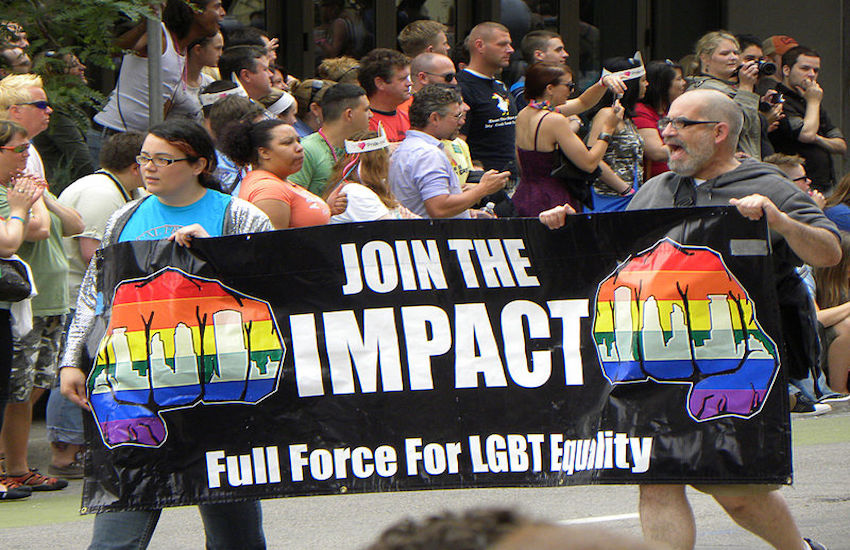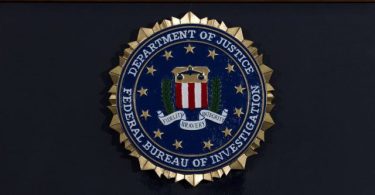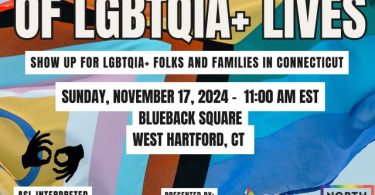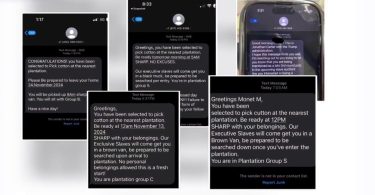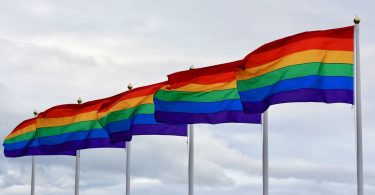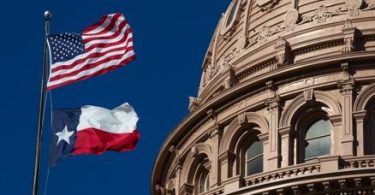LGB people are 20 times more likely to be part of activist movements than cishets
A recent study published in the Science Direct journal found that LGBTI people are about 20 times more likely to be part of activist movements than cisgender and heterosexual people.
The study and activist movements
‘The desire for social change, political activism, and sexual identities may all be related. Lesbians and gays generally contest heterosexism more than heterosexuals but we do not know how sexual identities sways participation in class, race, and gender based social movements,’ the study’s abstract reads.
‘When analyzing the American National Election Surveys of 2012 (n = 3519), gays and lesbians were about twenty times more likely to join LGB justice campaigns than heterosexuals.’
‘Moreover, the greater activism of gays and lesbians also crossed over to recent Occupy Wall Street, peace, and environmental mobilizations.’
The study looked at the American National Election Surveys of 2012. This data features a representative sample of over 4,000 American adults. 4.5% of the respondents identify as gay, lesbian, or bisexual (other sexualities and gender identities were not accounted for).
Analyzing the data
LGB people are as much as 20 times more likely to participate in the LGB rights movement than straight people. Additionally, LGB people are 2-4 times more likely to partake in other causes such as environmentalism, the Occupy movement, feminism, and racial equality.
LGB people are also less likely to get involved in conservative causes, the study finds. For example, the anti-abortion movement.
‘A set of follow-up analyses revealed that the greater involvement of LGBs in the liberal social movements was not due to their gender, age, race, or education levels,’ writes Zhana Vrangalova for Them.us.
‘Instead, factors that mattered included queer folks’ greater endorsement of liberal ideologies and egalitarian values; their increased recognition of the continued existence of heterosexism, racism, and sexism in the U.S.; having had experienced more racial discrimination; and being more personally and emotionally embedded in the LGB community.’
‘When all these factors were taken into consideration, LGB folks were just as likely as heterosexuals to have been involved in the peace, environmental, or labor movements,’ Vrangalova continues.
Conclusion
‘Yet, even after controlling for all of these variables, they remained significantly more likely to be involved in the LGB rights movement. This suggests that people’s LGB identity; the sense of belongingness it creates; and the structural, organizational, and interpersonal discrimination many nonheterosexual folks experience due to their sexual orientation, are unique drivers of LGB-rights activism in the U.S. above and beyond all of these other factors.’

